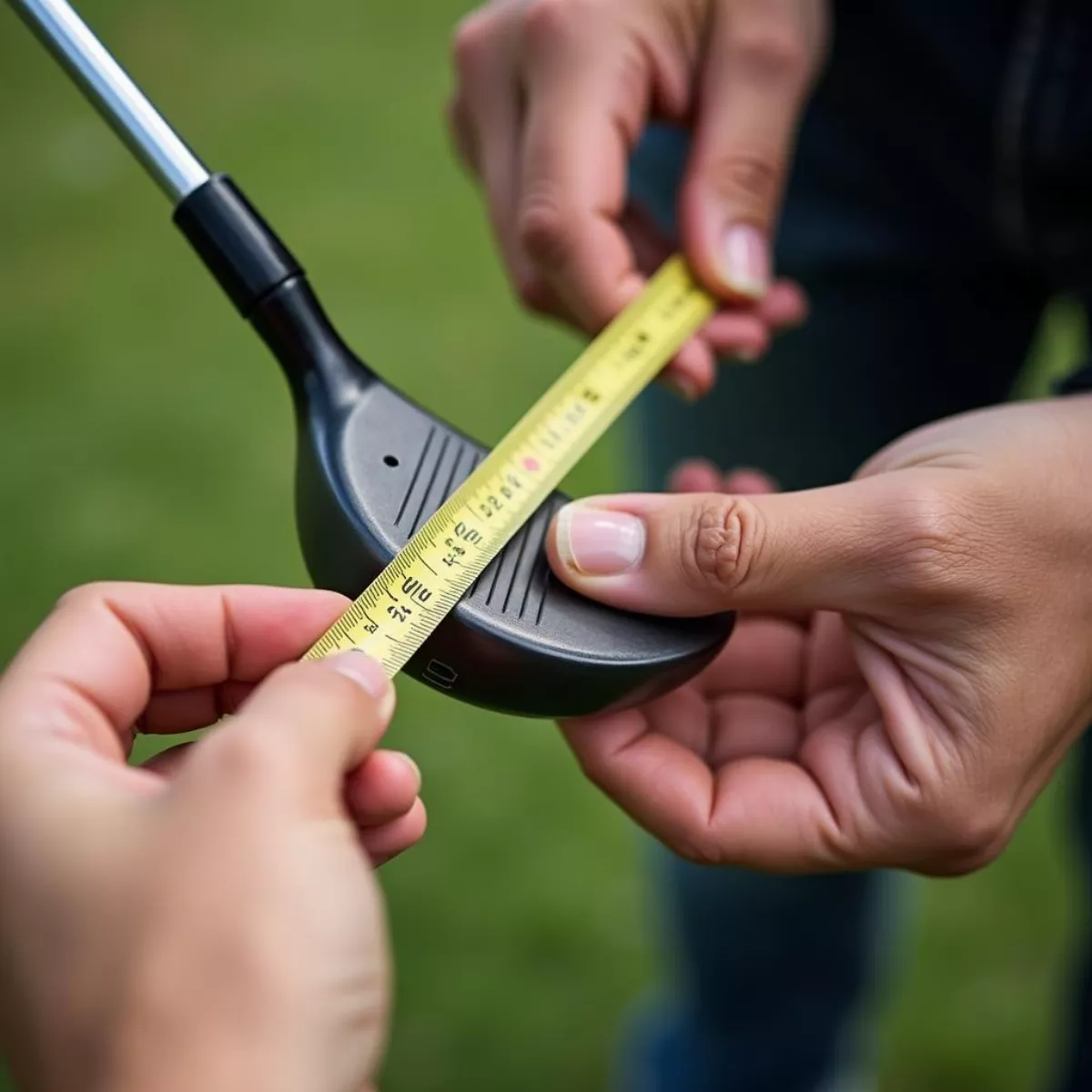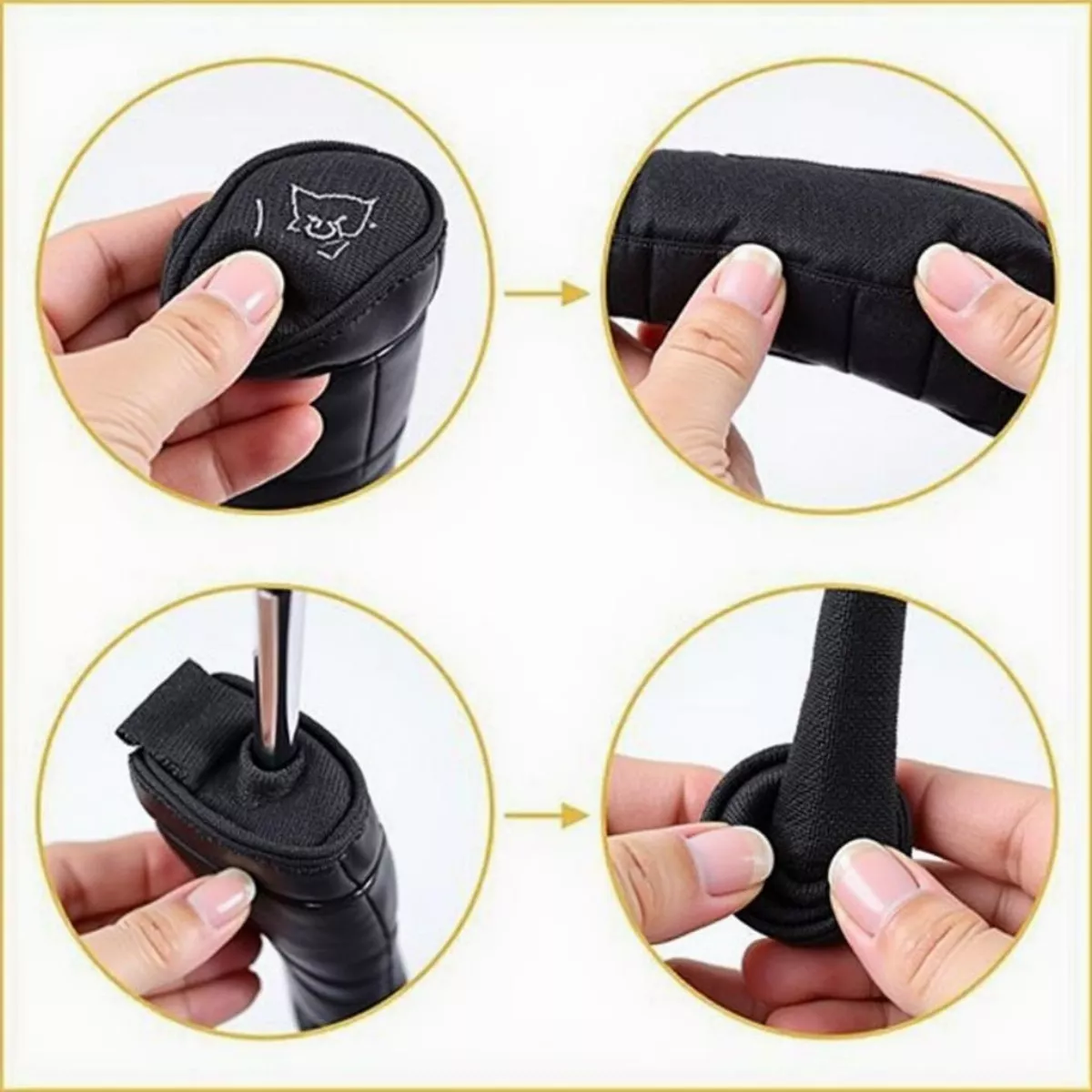Nestled in the heart of Surprise, Arizona, Desert Springs Golf Course has long been a favorite among locals and visitors alike. With its stunning landscapes, challenging holes, and welcoming community atmosphere, this course promises an unforgettable experience for golfers of all skill levels. Whether you’re an eager beginner or a seasoned pro, there’s something for everyone at Desert Springs. In this article, we’ll explore the nuances of this beautiful golf course, share tips for making the most of your visit, and answer some frequently asked questions. Let’s delve into this golfing gem and discover why it stands out in the realm of Arizona golf.
Overview of Desert Springs Golf Course
Desert Springs Golf Course is a public golf facility located in Surprise, Arizona. It features an 18-hole, par-72 championship layout, designed by renowned architect Greg Nash. The course covers 6,897 yards from the back tees and offers a mix of playability and challenge that appeals to a range of golfers.
Course Features
- Stunning Desert Landscape: With desert flora, elevation changes, and great views, the course is both picturesque and a feast for the eyes.
- Water Features: Multiple lakes come into play on several holes, enhancing the challenge and adding to the scenic beauty.
- Practice Facilities: Desert Springs offers a full practice range, putting greens, and chipping areas for golfers to hone their skills.
A Closer Look at the Holes
Signature Holes
Each hole at Desert Springs provides a unique challenge. Here are a few that stand out:
- Hole 6 (Par 4, 389 yards): A slight dogleg left that requires both accuracy off the tee and precision on approach. Stay clear of the water on the left!
- Hole 12 (Par 3, 165 yards): This hole features an elevated tee and a green surrounded by water. Club selection is crucial here.
- Hole 18 (Par 5, 549 yards): A great finishing hole with opportunity for birdies but hazards lurking. A solid approach shot will set you up for success.
Course Conditions
Maintaining optimal course conditions is a priority at Desert Springs. The greens are known to be fast and true, while fairways remain well-kept and provide a good lie.
Pricing & Tee Times
Prices may fluctuate based on the season, day of the week, and time of day. Here’s an overview of typical green fees:
| Day | Price (18 Holes) | Twilight Rate |
|---|---|---|
| Weekdays | $45 | $30 |
| Weekends | $65 | $50 |
| Seniors (62+) | $40 | $25 |
Tee Times can be booked online through the course’s official website, making it easy to secure your ideal schedule.
Amenities
Clubhouse and Dining
After a round of golf, unwind at the clubhouse. It features a full-service bar and restaurant where you can enjoy a cold beverage and delicious meals. The menu is diverse, offering everything from burgers to healthy salads, ensuring there’s something for everyone.
Golf Lessons and Clinics
Whether you’re looking to refine your swing or just getting started, Desert Springs offers professional golf lessons and clinics. Expert instructors provide tailored coaching to improve your game.
Events and Tournaments
Desert Springs hosts various scrambles, tournaments, and charity events throughout the year. Participating in these events can be a fun way to meet fellow golfers and support local causes.
Tips for a Great Day at Desert Springs
To ensure you have the best possible experience, check out these essential tips:
- Arrive Early: Give yourself time to warm up and enjoy the practice facilities before hitting the first tee.
- Stay Hydrated: Arizona’s heat can be intense, so keep water handy throughout your round.
- Respect the Pace of Play: Golfers should be mindful of their pace. This tee time etiquette makes the day enjoyable for all.
- Utilize GPS: The course offers GPS devices on carts, which can help you with yardage and club selection.
- Dress Appropriately: Wearing comfortable, breathable clothing and appropriate golf shoes will enhance your experience.
Key Takeaways
- Desert Springs Golf Course offers a fantastic mix of challenge and beauty, appealing to a wide range of golfers.
- Understanding the layout and signature holes can enhance your play.
- The clubhouse is a great place to relax after your round, offering dining options and a friendly atmosphere.
- Consider participating in tournaments or lessons to improve your game and meet fellow golfers.
FAQs about Desert Springs Golf Course
1. What is the dress code at Desert Springs Golf Course?
Golfers are expected to wear appropriate golf attire. Collared shirts, slacks, or shorts are ideal, while denim and tank tops are generally discouraged.
2. Are tee times required?
Yes, it is recommended to book tee times in advance, especially during busy weekends and peak seasons.
3. Does Desert Springs offer club rentals?
Yes, the course provides club rentals, making it convenient for those traveling or playing without their own equipment.
4. Can I host an event or tournament at the course?
Absolutely! Desert Springs offers event spaces and packages for hosting corporate outings, weddings, or charity events.
5. Is there a pro shop on-site?
Yes, there is a fully stocked pro shop where you can purchase necessary gear, apparel, and accessories.
6. What are the hours of operation?
Desert Springs operates daily, with the course typically opening at sunrise. For specific hours, check the official website.
7. What types of payment do you accept?
The course accepts major credit cards, cash, and gift cards.
8. Do I need to belong to a club to play?
No, Desert Springs is a public course; everyone is welcome!
9. How can I sign up for lessons?
Golf lessons can be booked through the course’s official website or by calling the pro shop directly.
10. Are there any dining options available?
Yes, the clubhouse features a restaurant and bar that serves a variety of food and drinks.
Whether it’s your first time on the greens or you’re a regular visitor, Desert Springs Golf Course in Surprise, AZ, offers a memorable golfing experience filled with desert beauty and camaraderie. Preparing ahead will help you make the most of your time there. Enjoy your round, and don’t forget to have fun!

 Honma TW757P Iron Cavity Back Design
Honma TW757P Iron Cavity Back Design Golfer Hitting Iron Shot with High Launch Angle
Golfer Hitting Iron Shot with High Launch Angle Honma TW757P Irons in Golf Bag
Honma TW757P Irons in Golf Bag
 Measuring a golf club for a cover
Measuring a golf club for a cover Sewing a closure on a golf club cover
Sewing a closure on a golf club cover Finished golf club covers on golf clubs
Finished golf club covers on golf clubs
 Aerial View of Stone Ridge Signature Hole
Aerial View of Stone Ridge Signature Hole Stone Ridge Clubhouse Exterior
Stone Ridge Clubhouse Exterior Stone Ridge Golf Course at Sunset
Stone Ridge Golf Course at Sunset
 Golfers discussing strategy on the course
Golfers discussing strategy on the course Golfer using swing analyzer
Golfer using swing analyzer Golfer analyzing scorecard
Golfer analyzing scorecard